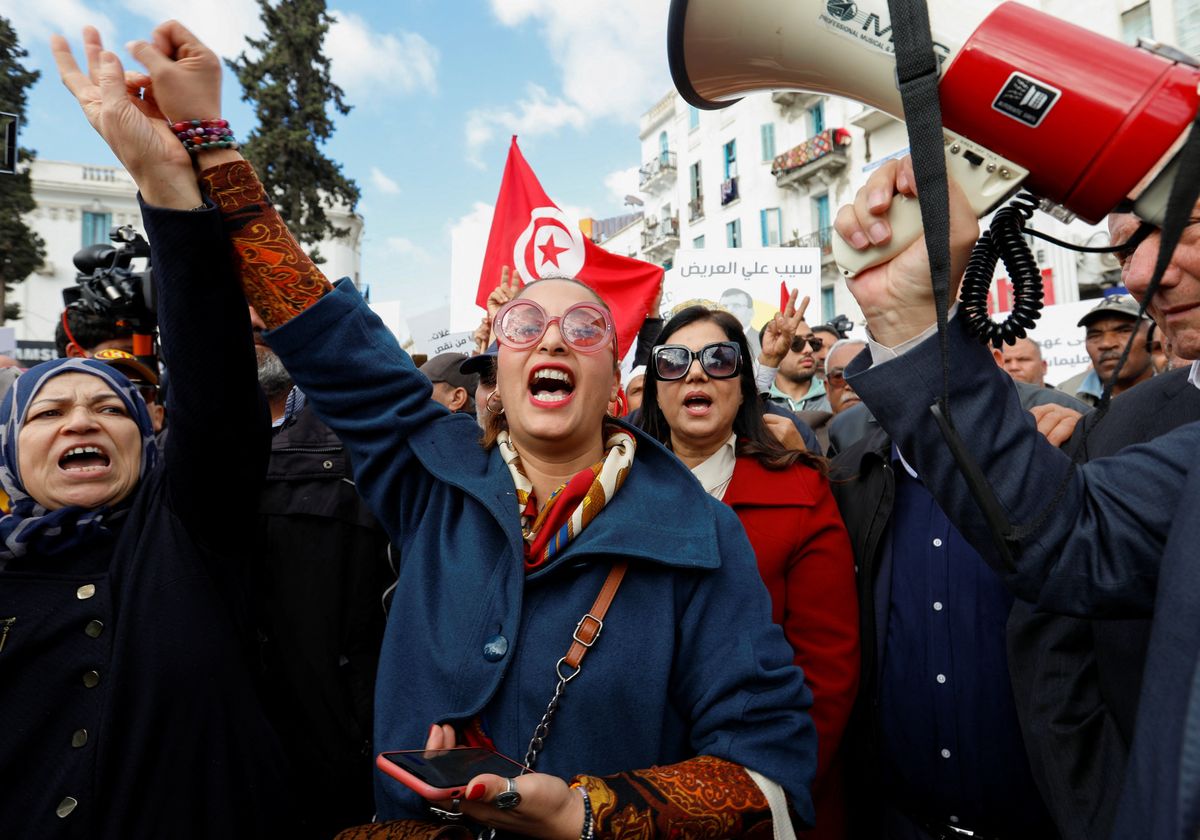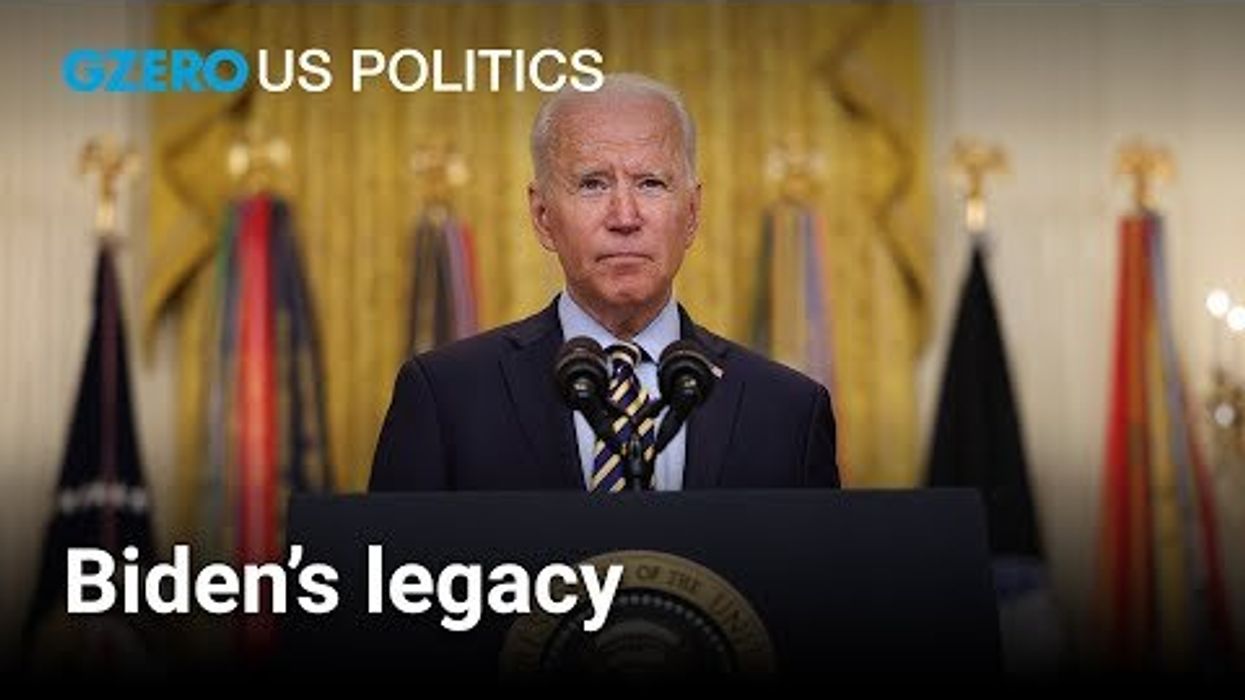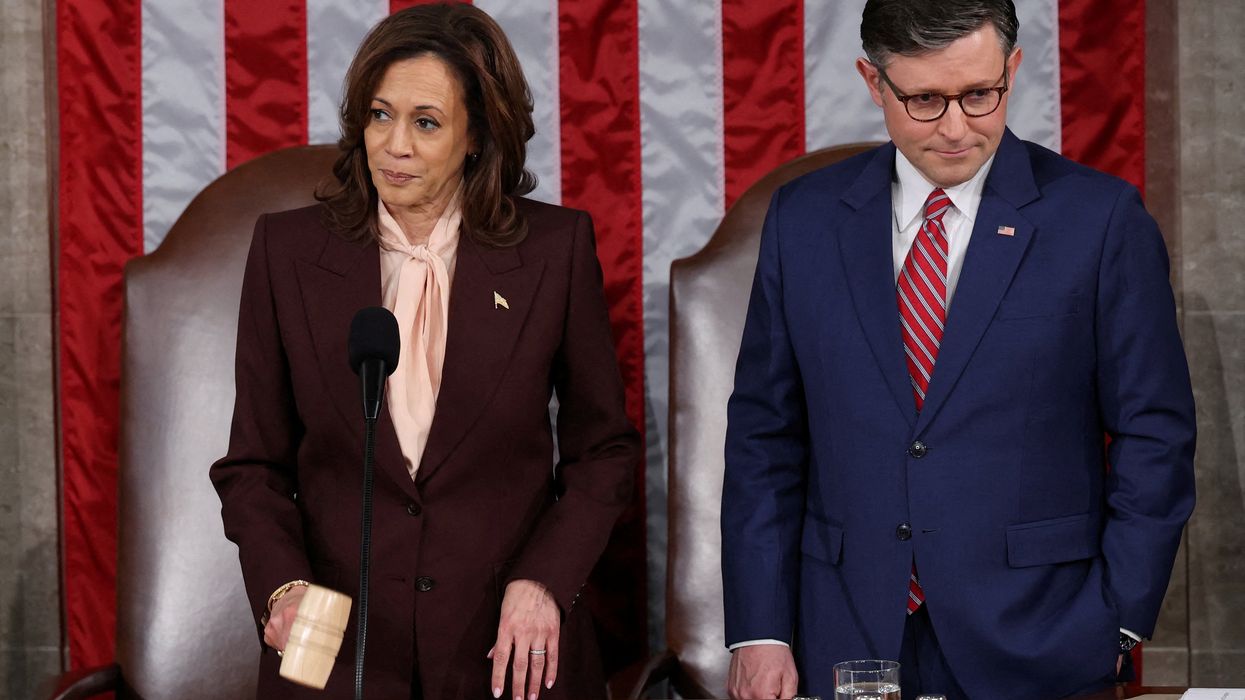Tunisia, once the only Arab Spring success story, is now ruled by President Kais Saied with nearly unchecked authority, intensifying xenophobia, and alleged human rights abuses against migrants.
Over the summer, Tunisia inked a deal with the EU to reduce the flow of migrants through the Mediterranean Sea in exchange for a much-needed $1.1 billion in economic assistance.
The candidates: Saied has thrown the leading opposition figure, Rached Ghannouchi, in prison. The CEO of Tunisia’s national airline, Olfa Hamdi has declared he will run, but will likely join Ghannouchi in prison if he looks like a viable challenger to Saied’s power. If not, his candidacy will be an added layer of authenticity to the otherwise well-choreographed charade of an election expected sometime in the fall.
Where things stand: While Saied’s consolidation of power makes it likely he remains in power, his anti-democratic moves have provoked backlash and protests, especially from young Tunisians. In response, Saied is spurring nationalist sentiment through xenophobic “Great Replacement Theory”-esque rhetoric.
Tunisian authorities are accused of escalating violence against sub-Saharan African migrants, while the EU gives the country an economic lifeline for keeping them away from Europe’s shores.



















